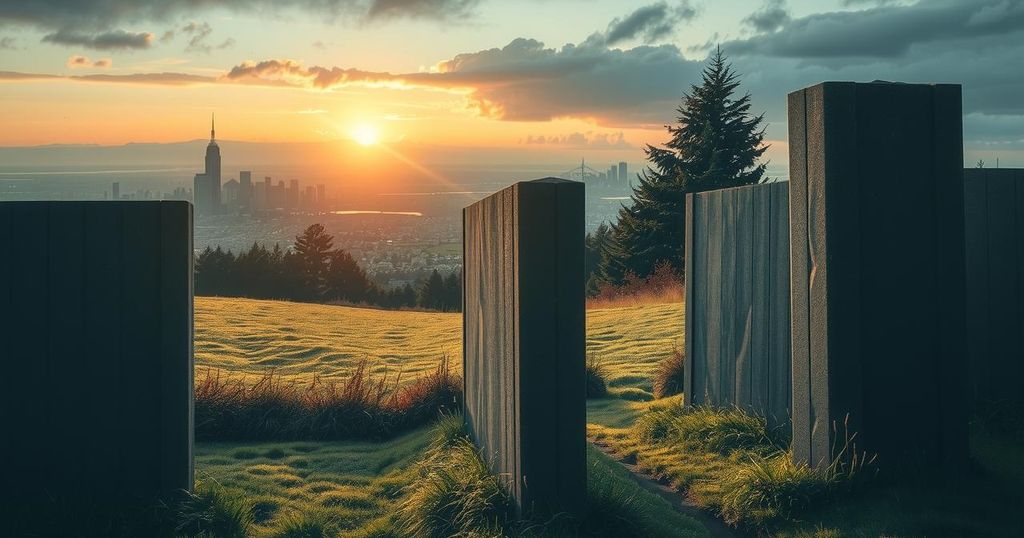M23 Rebels Capture Goma: Crisis in Eastern Congo Escalates

M23 rebels have claimed control of Goma, leading to mass panic among its two million residents. Their advance, backed by Rwandan forces, is perceived by the Congolese government as a declaration of war. The conflict is deeply rooted in historical ethnic tensions, exacerbated by global interest in the region’s resources, with significant humanitarian consequences.
Goma, the largest city in the eastern Democratic Republic of Congo (DRC), has reportedly been captured by Rwanda-backed M23 rebels, eliciting widespread panic among its two million inhabitants. This occurred following the expiration of a 48-hour ultimatum issued by the M23 for the Congolese army to surrender. While M23 claims control, the Congolese government labels this move as a declaration of war.
M23 fighters, reportedly supported by up to 4,000 Rwandan soldiers, had been besieging Goma, potentially exacerbating one of Africa’s protracted conflicts. The Congolese military appears to have crumbled under pressure, with reports indicating some troops surrendered to UN peacekeepers. Explosions and gunfire rang out in the city, and a prison break resulted in chaos and reported casualties.
Corneille Nangaa, leader of the Congo River Alliance, confirmed M23’s control over Goma while military officials from Congo called for civilian protection amidst this crisis. In response to the escalating situation, the UN Security Council convened to address Rwanda’s alleged support for the rebels, which Rwanda dismissed as unfounded, blaming the Congolese government for undermining peace talks.
The UN has evacuated its staff and families to Rwanda, prompting advisories from multiple governments urging their citizens to exit Goma. The ongoing violence is rooted in the complex history of the region following the 1994 Rwandan genocide, which has led to the emergence of numerous armed groups in eastern DRC.
The M23 group previously controlled Goma in 2012 but withdrew after diplomatic pressures. Though the group claims to protect the Tutsi population, its resurgence in 2022 has significantly worsened the humanitarian crisis, resulting in over 3 million people displaced in the region. International concerns center on the humanitarian impact as rebels continue to exploit the resource-rich areas of North Kivu.
The ongoing conflict in eastern DRC is heavily influenced by a history marked by the 1994 Rwandan genocide, which led to the influx of Hutu extremists and subsequent regional wars. The M23 militia represents one of several armed groups often supported by Rwanda, aiming to restructure political power dynamics in the region. DRC is rich in natural resources, drawing international interest, yet suffers from instability, resulting in widespread displacement of its population.
The situation in Goma underscores a critical intersection of local ethnic dynamics, legacy conflicts, and international relations, with significant implications for the civilian population. The M23’s recent activities highlight not only the group’s military capabilities but also the urgent need for international and local efforts to address both immediate humanitarian needs and long-term conflict resolution.
Original Source: www.ndtv.com








